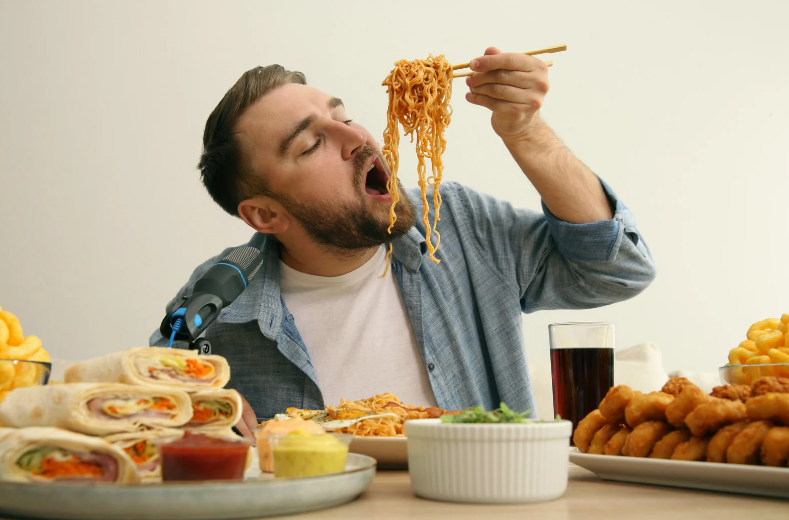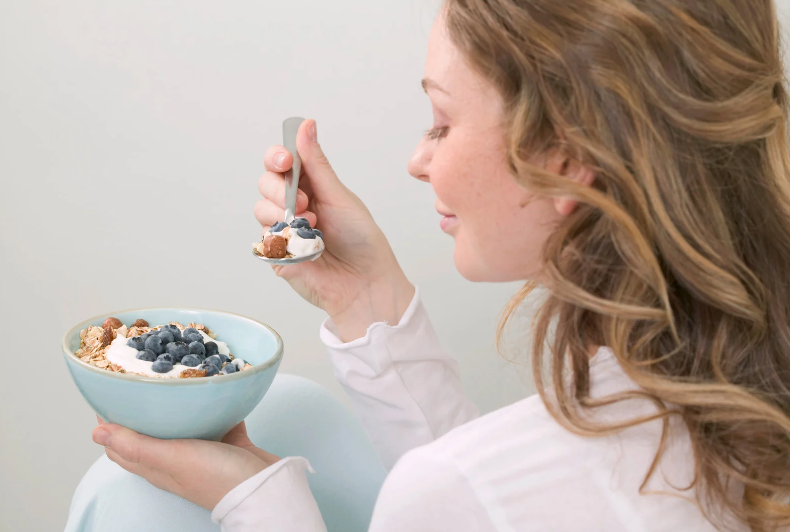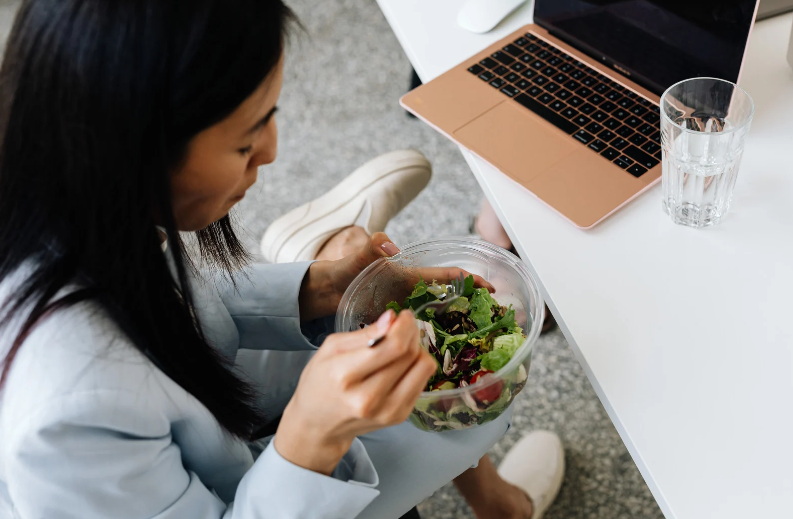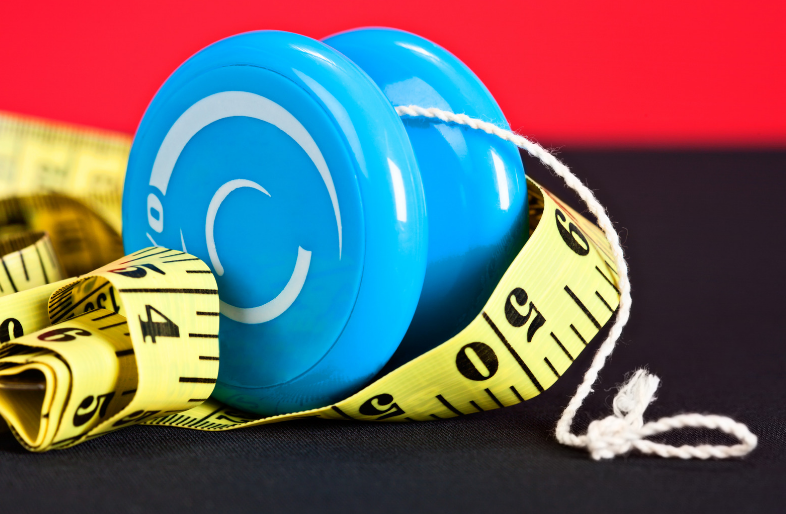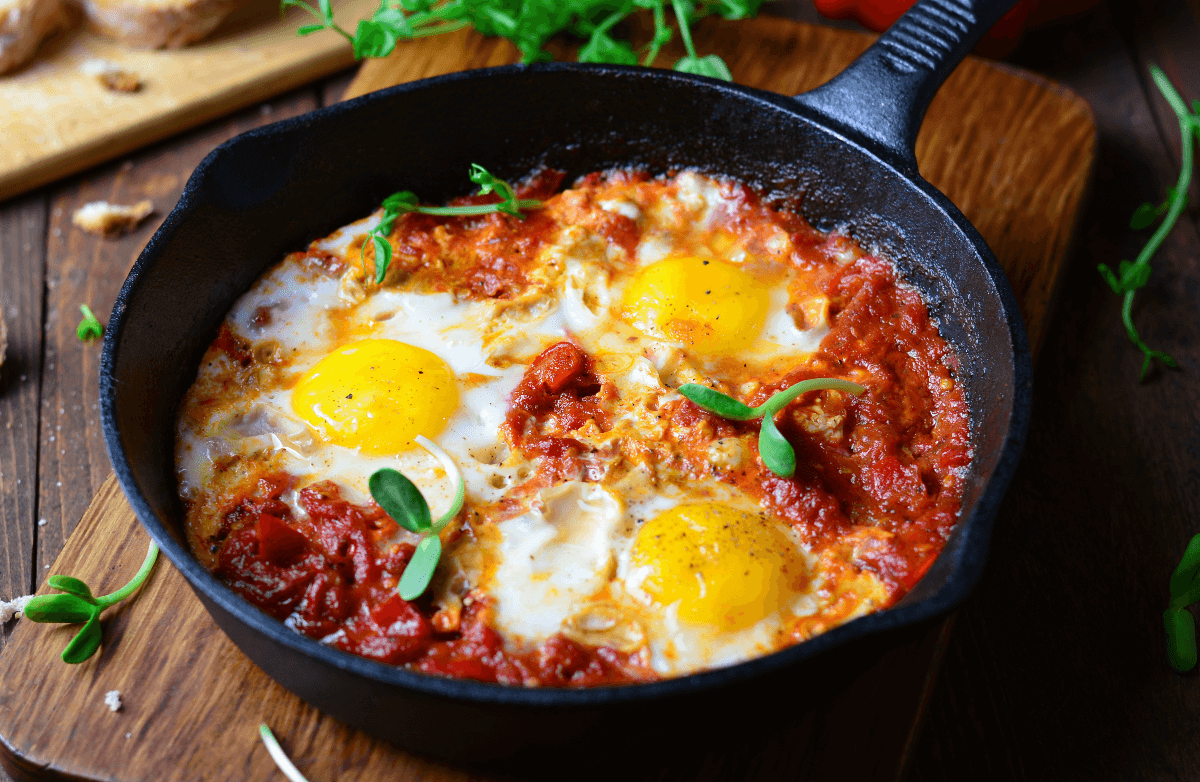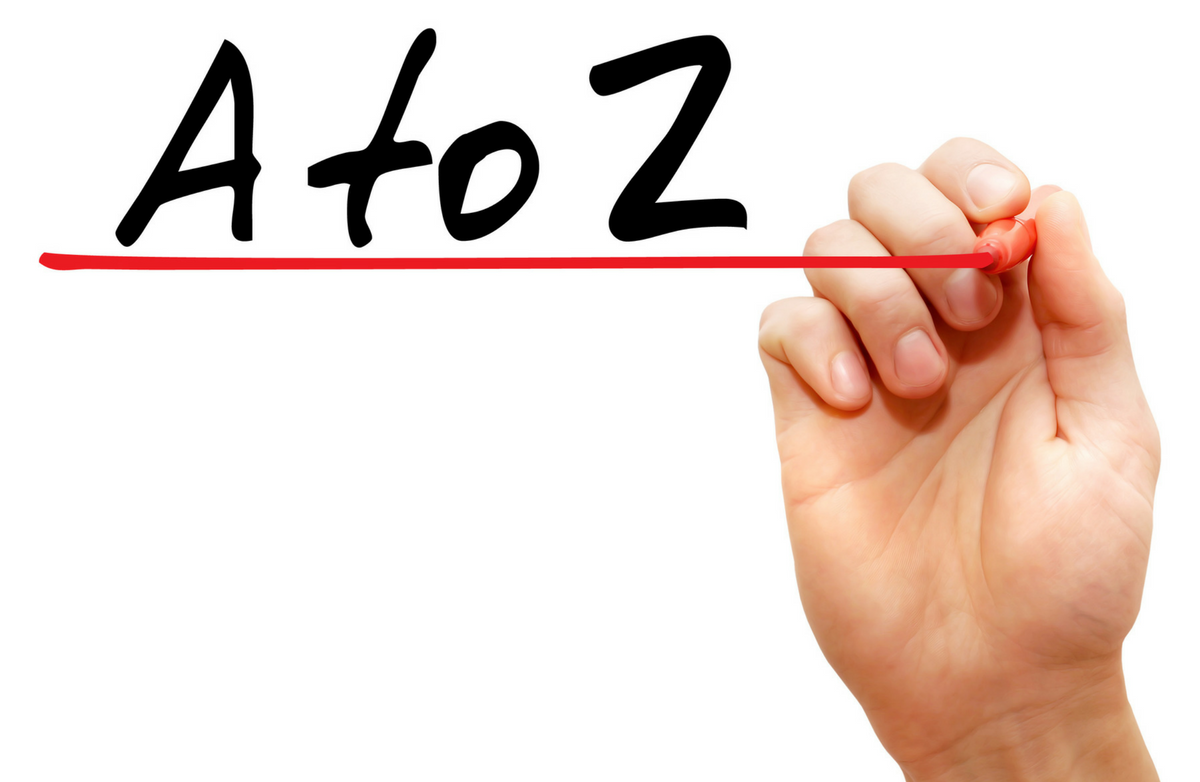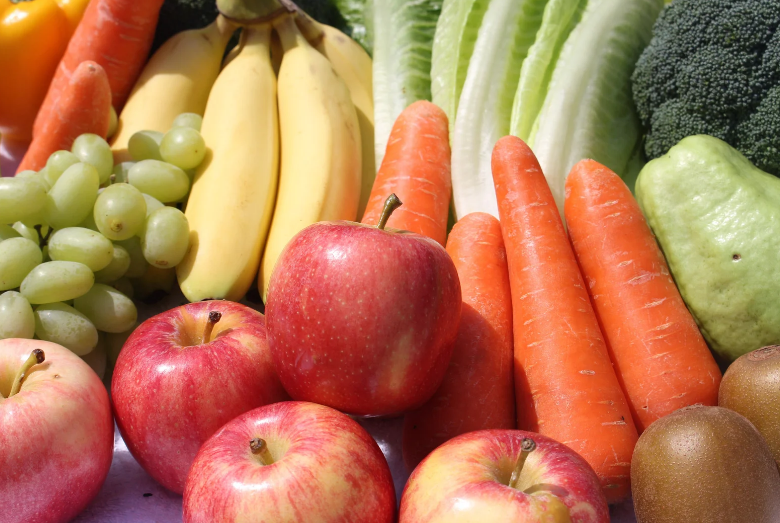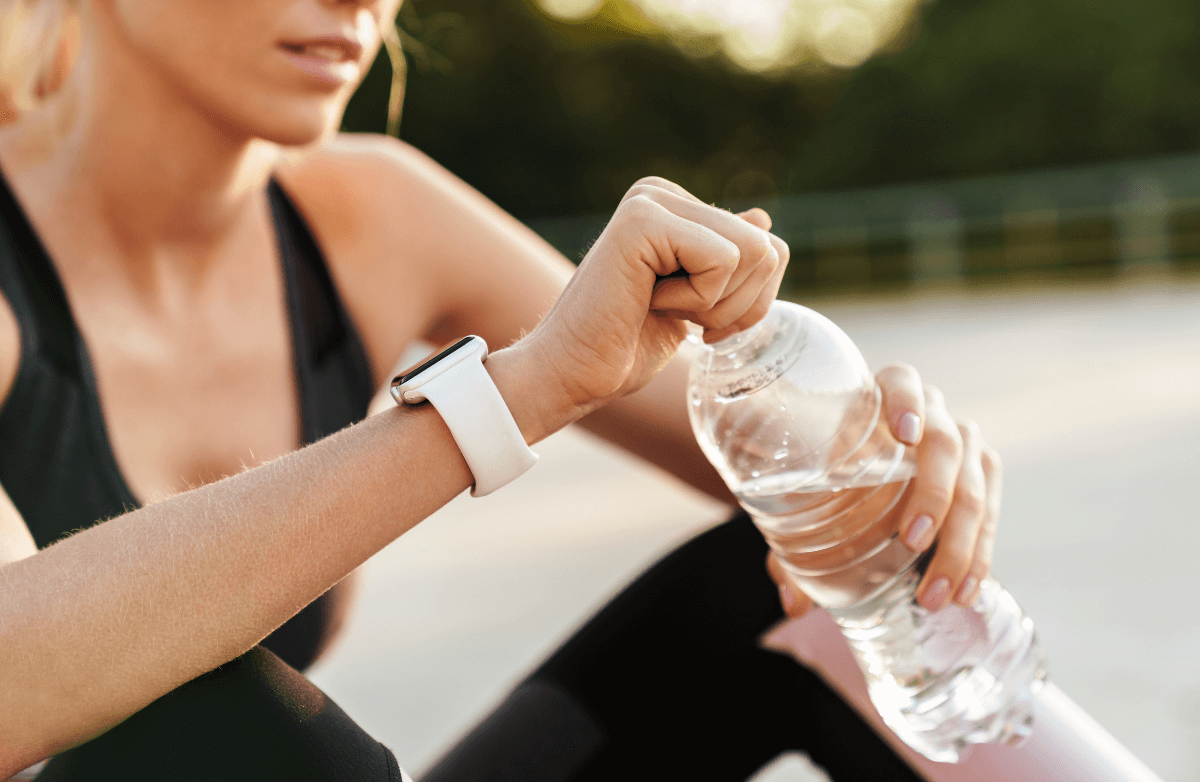
Except for oxygen, there’s nothing your body needs more than an adequate supply of water. If you exercise, it’s even more important to drink the right amount of water before, during and after your workouts. Not only can dehydration make it difficult to get the most out of your workout, but in extreme situations it can be dangerous to your health.
Before you start chugging a gallon of water 30 minutes before your workout, know that there are several factors to consider when it comes to how much to drink and when. People differ in body size, how much they sweat, the type and amount of exercise they do, and the climate in which they exercise, all of which make one-size-fits-all recommendations for drinking water challenging–but not impossible.
Cutting Through the Hydration Confusion
If your typical exercise session is around 60 minutes or less and does not involve vigorous activity outdoors in hot, humid weather, you probably don’t need to interrupt your exercise session for a drink unless you’re thirsty. Even if you sweat a lot, this exercise intensity shouldn’t be enough to cause problems as long as you’re well-hydrated before you start. You can tell whether or not you’re well-hydrated by checking your urine color before exercise. If it’s dark yellow with a strong smell, it’s a good idea to have a cup or two of water 30 to 60 minutes before you start exercising; if it’s clear to light yellow, you should be fine to rehydrate gradually after your exercise session ends. If you’re a competitive athlete, you might benefit from a visit with a registered dietitian who specializes in sports nutrition to best assess your specific needs.
The goals of fluid intake during exercise are to prevent dehydration and avoid overhydration, which can occur if you are drinking in excess of your sweat loss. To determine whether you need to drink something during your workout, you can weigh yourself (without clothes) before and after a typical workout. If your weight change is more than two percent of your starting weight, then in the future, plan to drink enough water during your workout to keep your post-workout weight within that two percent range. Typically, drinking eight ounces of water every 10 to 20 minutes is sufficient in all but the most extreme situations. While difficult to recommend a specific fluid schedule because of varying needs, this chart provides some basic guidelines:
*If possible, weigh yourself on the same scale, before and after exercise so you know how much to drink for rehydration.
If your workout is particularly long or your environment is hot and/or humid, just drinking plain water during exercise might not be the best option. Vigorous workouts lasting two hours or more can deplete the fuel supply (called glycogen) that your muscles use during vigorous activity. Drinking water alone won’t replenish that fuel, so you may need something to drink that also contains carbohydrates for energy and to sustain performance. Commercial sports drinks containing six to eight percent carbohydrate from various sugar sources are recommended for exercise events lasting longer than one hour. To estimate your carbohydrate needs during sustained exercise, aim for about 30 to 60 grams of carbohydrate per hour of endurance exercise.
Sweating heavily for an extended period of time also results in a significant loss of sodium which needs to be replenished. In addition to carbohydrates, sports drinks contain sodium. The sports drink you choose should contain about 120 to 170 milligrams of sodium per eight-ounce serving.
By paying attention to the food and drink you’re consuming before, during and after your workouts, you’ll not only maximize your performance, but you’ll also feel better. When exercise leaves you feeling good and full of energy, you’re much more likely to make it into a lifelong habit.




